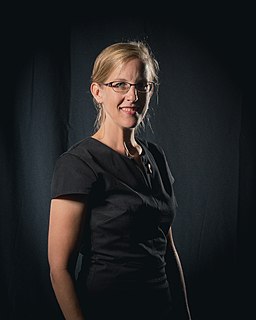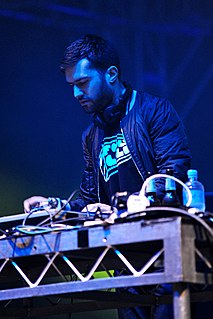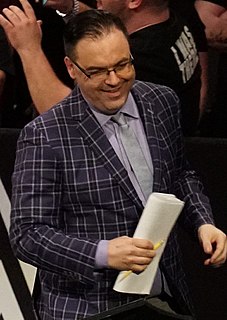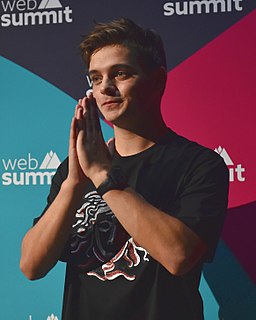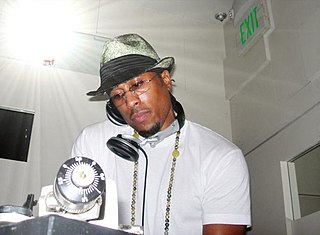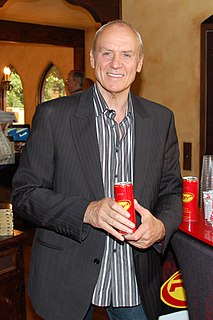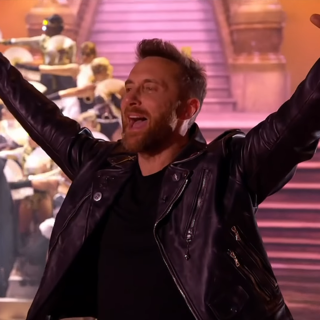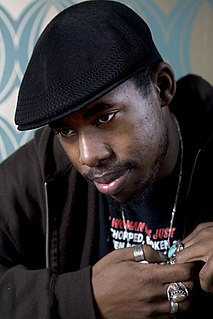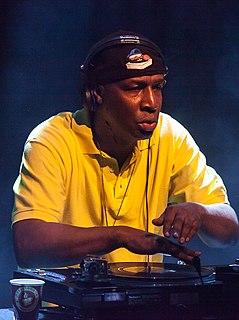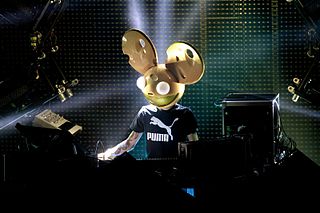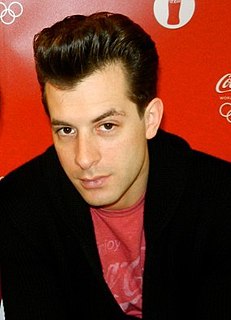A Quote by Carrie Vaughn
To be a DJ was to be God. To be a DJ at an alternative public radio station ? That was being God with a mission. It was thinking you were the first person to discover The Clash and you had to spread the word.
Related Quotes
When I'm representing my music live I think of it very much in a rock band sense. When I first started doing festivals in the 90s there really weren't other DJs playing the stages I was playing. So I felt I was being afforded an opportunity to kind of make a statement about what DJ music can be live. In the 90s, if you were a DJ you were in the dance tent, and you were playing house music and techno music. There was no such thing as a DJ - a solo DJ - on a stage, after a rock band and before another rock band: that just didn't happen.
The DJ still has the relationship with the people, I believe. I don't know to call the DJ 'the ambassadors' or what, but we still are connecting the dots, getting the good stuff and passing it on to the people. DJs still have relevance, even with the technology that elevates the DJ beyond being a selector.
